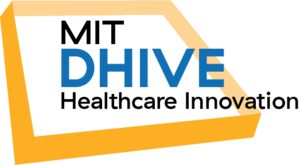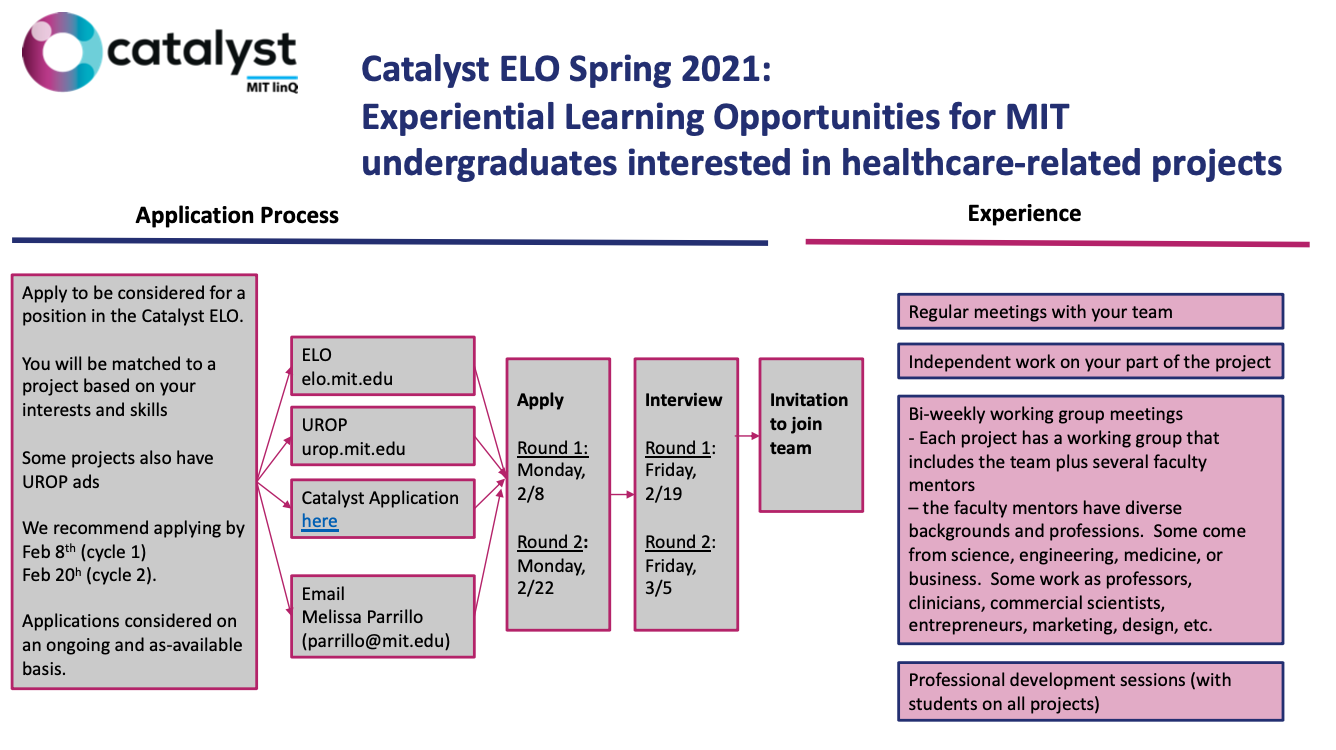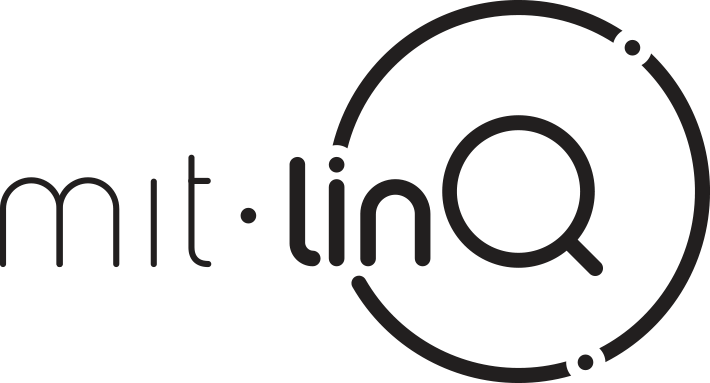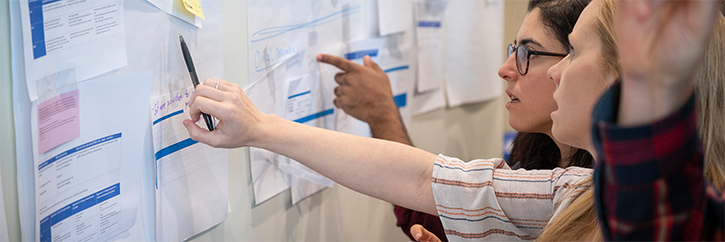Join a Catalyst project team
Catalyst is a unique program that brings together a wide range of expertise and experience to identify and solve important health needs. Depending on the project, the team might include physicians, social workers, engineers, bioscientists, designers, etc.
In Catalyst projects, you will engage with and be mentored by professionals drawn from many local health-related institutions (academic, clinical, and business) and the Boston Veterans Affairs Healthcare System.
The selected projects are designed to impact the health of people without taking decades to come to fruition. Your skills and contribution will lead to real world applications of technology and novel approaches to healthcare.
Through your work, you will be exposed to and participate in a broad range of approaches to advance projects (human centered design, customer discovery, human studies, patenting, etc.) that complement technical/scientific approaches.
“The OSA project has been a great experience to work with people from many different backgrounds and to be able to get feedback from them. This project also opened my eyes to medical devices. I never thought I would enjoy working on medical devices, but after this semester, it is an area I want to continue to work in and contribute to.”
Kylie Gallagher, MIT Department of Biological Engineering, Class of 2021
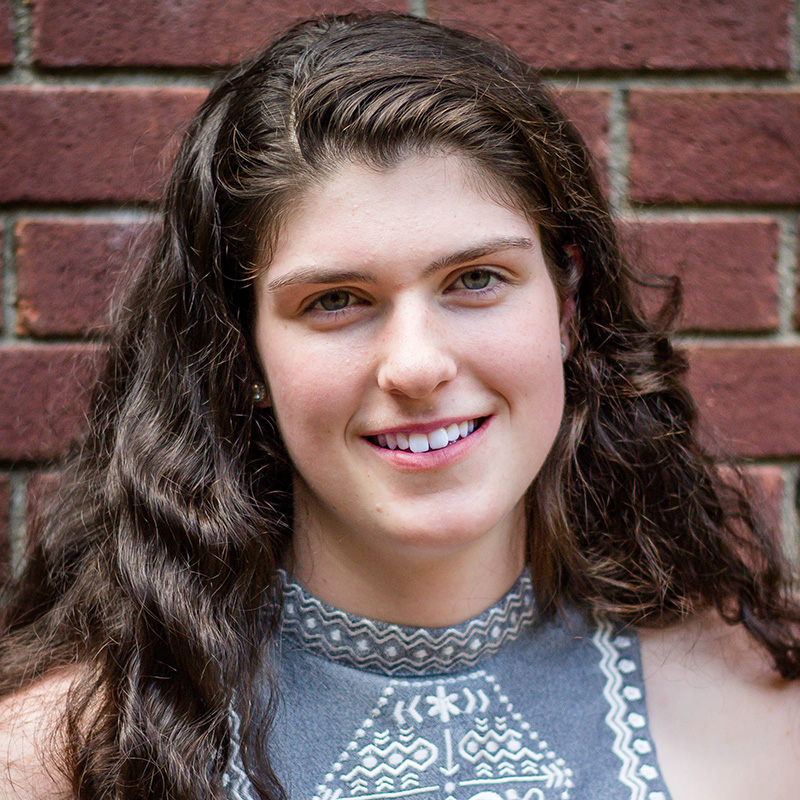

First person
Join a Catalyst project team
Based on your interest, experience (if any) and team needs, we will match you with one of the ongoing Catalyst projects:
- Novel device for treating obstructive sleep apnea (OSA)
- Reducing the incidence of sexually transmitted disease
- Preventing dehydration in vulnerable populations (e.g. the elderly)
- Facilitating and accelerating veteran access to mental health clinics
- An ultrasensitive portable test for malaria surveillance
- A novel device to detect pathogens in sneezes


